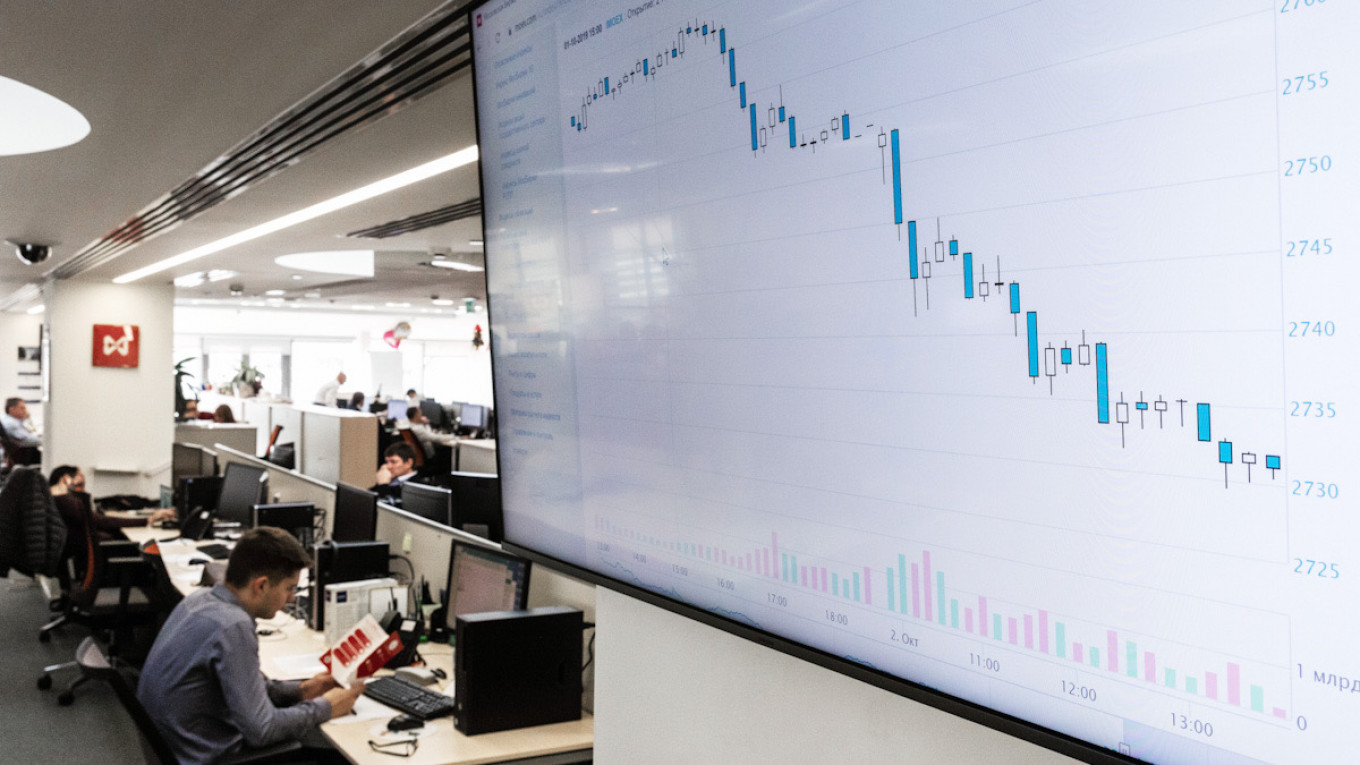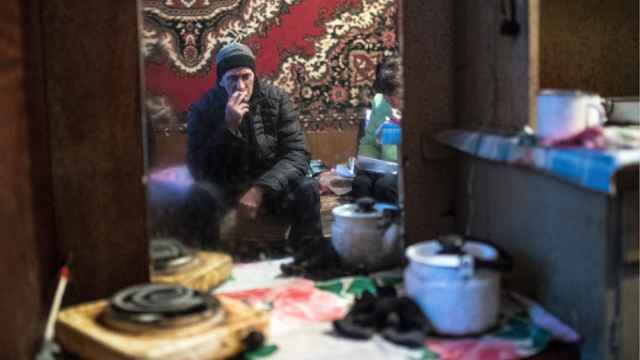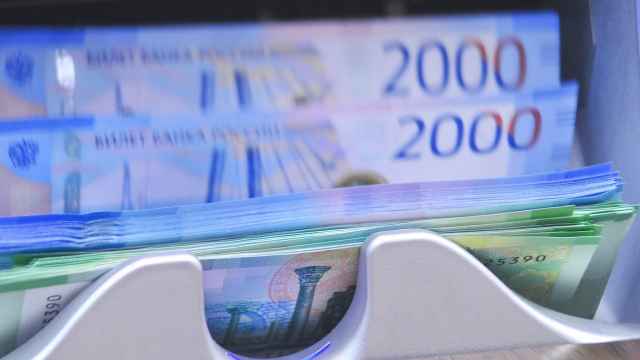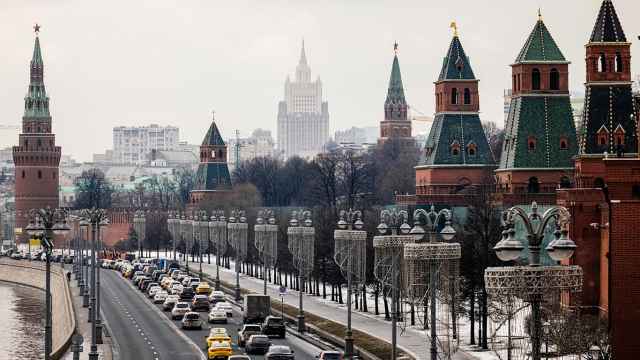Russia has weathered the coronavirus pandemic better than other countries but its economic growth is too slow to catch up with advanced economies, the International Monetary Fund said Tuesday.
"Russia entered the Covid-19 crisis with low growth but strong policy frameworks and significant buffers," an IMF report said.
But it added that several factors, including low oil prices and sanctions, led to "lackluster growth" that was "insufficient" to match advanced economies.
Since 2014, Russia's tax policy "resulted in low public debt and reserve accumulation," the IMF said, adding that the central bank "brought inflation down and contributed to significant de-dollarization" that made the economy more resistant.
Russian economic activity contracted by 3.1% last year, less than the 3.6% decline predicted by the IMF, and "has proven more resilient" than other emerging economies due to, among other things, its small service sector.
The IMF predicts that Russia's recovery should "accelerate by mid-2021" when the second wave of the pandemic recedes, vaccines are widely available and oil production cuts are reduced under the OPEC+ agreement.
The forecast is nonetheless "subject to significant uncertainty" owing to "geopolitical risks" among other reasons.
The IMF also noted that the availability of Russia's own Sputnik V vaccine has reduced the risk of a prolonged pandemic and could result in a "stronger-than-projected" recovery if its roll-out is effective.
After sluggish growth of 1.3% in 2019, Russia intended to do better last year with the launch of large-scale investment projects to revive the economy.
But plunging oil prices in March and the pandemic's economic impact wiped out those prospects.
A Message from The Moscow Times:
Dear readers,
We are facing unprecedented challenges. Russia's Prosecutor General's Office has designated The Moscow Times as an "undesirable" organization, criminalizing our work and putting our staff at risk of prosecution. This follows our earlier unjust labeling as a "foreign agent."
These actions are direct attempts to silence independent journalism in Russia. The authorities claim our work "discredits the decisions of the Russian leadership." We see things differently: we strive to provide accurate, unbiased reporting on Russia.
We, the journalists of The Moscow Times, refuse to be silenced. But to continue our work, we need your help.
Your support, no matter how small, makes a world of difference. If you can, please support us monthly starting from just $2. It's quick to set up, and every contribution makes a significant impact.
By supporting The Moscow Times, you're defending open, independent journalism in the face of repression. Thank you for standing with us.
Remind me later.






